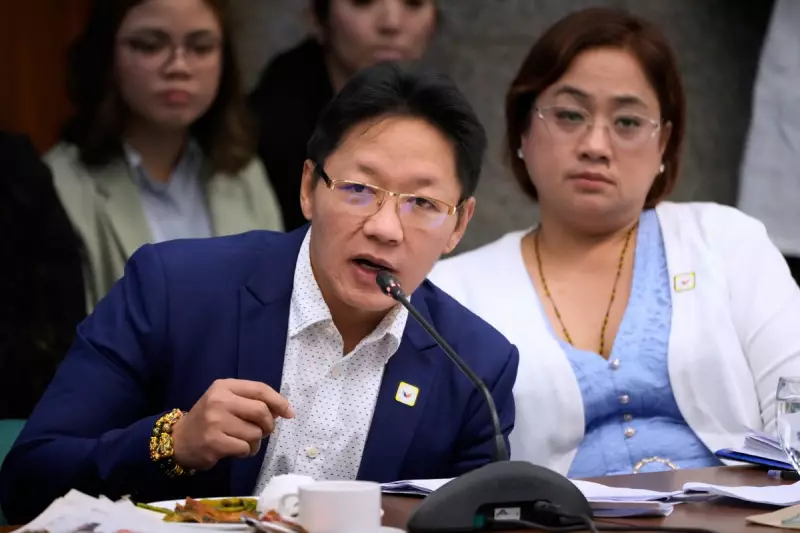
The Philippine House of Representatives has given its final approval to a highly controversial bill establishing the country's first-ever sovereign wealth fund, a central policy of President Ferdinand Marcos Jr.'s administration. The move paves the way for the creation of the Maharlika Investment Fund, valued at nearly $9 billion.
The legislation was passed with an overwhelming majority of 289 lawmakers in favour, with only three opposing votes. The fund is designed to bankroll major infrastructure projects and other high-yield investments to boost economic growth.
A Tumultuous Path to Approval
The bill's journey through Congress has been fraught with debate and public scepticism. Initially, the proposal faced intense criticism for its plan to seed the fund using capital from state-run pension funds. Following a significant public outcry and warnings from financial experts, this provision was hastily removed from the final version.
Despite these amendments, the fund continues to draw fierce opposition. Critics, including numerous economists, have labelled it "ill-timed" and "risky," pointing to the Philippines' existing national debt and potential for mismanagement.
Protests and Presidential Pressure
As lawmakers debated, protesters gathered outside the Congress building in Manila, brandishing placards that read "No to Maharlika Wealth Fund!" and "Marcos, don't steal our money!" Their fears are rooted in the nation's history of corruption and the economic turmoil linked to the former Marcos dictatorship.
President Marcos Jr. had personally lobbied for the bill's swift passage, declaring it a "priority measure" since taking office. The fund's rapid progression through the legislative process—being approved in just six months—has raised eyebrows and concerns about the depth of scrutiny it received.
What's Next for the Maharlika Fund?
With congressional approval secured, the bill now only requires President Marcos's signature to become law. The government has been keen to compare the fund to similar entities in other nations, but opponents argue the Philippines lacks the mature financial systems and massive surplus capital that make such funds successful elsewhere.
The world will be watching closely to see if this bold economic gamble pays off for the Philippines or becomes a cautionary tale.





